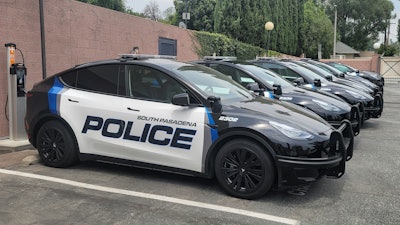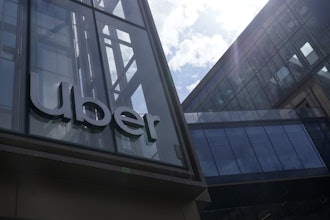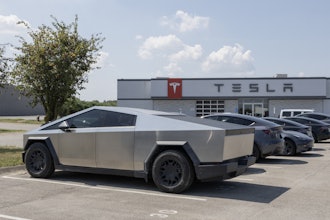
The South Pasadena Police Department has became the nation's first law enforcement agency to completely replace its gasoline-powered vehicles with nonpolluting electric vehicles.
The city's zero-emission police fleet of 20 new Teslas will rely on a bank of new electric vehicle chargers installed at South Pasadena City Hall. Additionally, upon completion of the final electrification project component, City Hall, the Police Station and the Fire Station buildings will be backed up by a solar powered system with battery storage adding critical power resilience in the event of an outage.
A Law Enforcement Paradigm Shift
The move points to a new paradigm for police organizations, which traditionally have been reluctant to move from gasoline to electric vehicles due to concerns about range, potential inability to charge when the grid goes down, and worries that the technology is new and unproven. Now, that's changed.
According to City staff reports, the transition is expected to save about $4,000 a year per vehicle on energy costs, plus provide additional savings on maintenance, such as brakes, oil changes, air filters, and more. Overall, the operational cost of electric vehicles will be at least half the per-mile cost of gasoline-powered vehicles.
To make the switch, Enterprise Fleet Management assisted the city in acquiring 10 Tesla Model Ys as patrol vehicles and 10 Tesla Model 3s for detective and administrative duties. The cars were up-fitted for patrol and administrative police use through Unplugged Performance's UP.FIT division.
All the vehicles have 5-star safety ratings—better than any gas vehicle available for policing—which means the city's officers will be as safe as possible in the field.
In addition to the advanced technology and performance, the visual presentation of the new fleet has also been enhanced. Each vehicle's sleek and modern graphics were designed by Anyone Collective, ensuring that the fleet's visual impact matches its cutting-edge capabilities.
Charging Infrastructure Key
City officials noted that any successful shift to electric transportation requires that the charging infrastructure go hand-in-hand with vehicle acquisition.
A key component of the project was the construction of 34 chargers at South Pasadena City Hall. Under its Charge Ready program, Southern California Edison upgraded its local distribution system to supply the higher level of power needed to energize the vehicles and installed the underground wiring needed to install the chargers.
Health and Environmental Benefits
One of the city's key motivations in moving to EVs, according to Cacciotti, was protecting public health and improving the environment.
South Pasadena's electric police fleet will cut both toxic smog-forming emissions of nitrogen oxides, volatile organic compounds, and carbon monoxide, plus emissions of carbon dioxide, the key driver of global heating.
Replacing gasoline-powered police and other public safety vehicles with EVs, he added, is critical since they are particularly high emitters. Police vehicles typically idle more than other vehicles when officers make traffic stops or respond to emergency calls, which greatly adds to emissions.
The gasoline engines must continue to run—which creates pollution—just to power the cars' emergency lights, radios, and other crucial equipment used in police cars. In contrast, EVs are emissions-free while driving.
Resilient Public Safety
Clean Power Alliance's Power Ready Program provides another important electrification component to South Pasadena's City Hall project through the installation of a renewable solar and battery energy storage system, at no cost to the City. Stored energy will provide for the continuity of operations for essential services during power outages. In addition to installing a solar system canopy over the adjacent parking lot, CPA will reserve a portion of battery capacity in case of an outage and the batteries will be used daily for grid and energy optimization – participating in demand response events and increasing overall system reliability.
Costs to Be Carefully Measured
More than half the cost of the electrification project is being met by the City's project partners, including:
Nearly $500,000 in Clean Transportation Funding from the Mobile Source Air Pollution Reduction Review Committee (MSRC);
Approximately $530,000 in work conducted by Southern California Edison under its Charge Ready program; and
No cost solar and battery storage system from the Clean Power Alliance's Power Ready Program – a Local Programs benefit to CPA's member agencies.
The city's net expense is $1.85 million, which covers the cost of the EV chargers and lease payments to Enterprise Fleet Management.
To monitor costs and savings, ensure long-term fleet health, and manage vehicles day-to-day, the city has partnered with Standard Fleet. Collaborating with UP.FIT, Standard Fleet's advanced software offers complete control over charging, maintenance, and dispatching of the customized Tesla vehicles used by the police force.






















